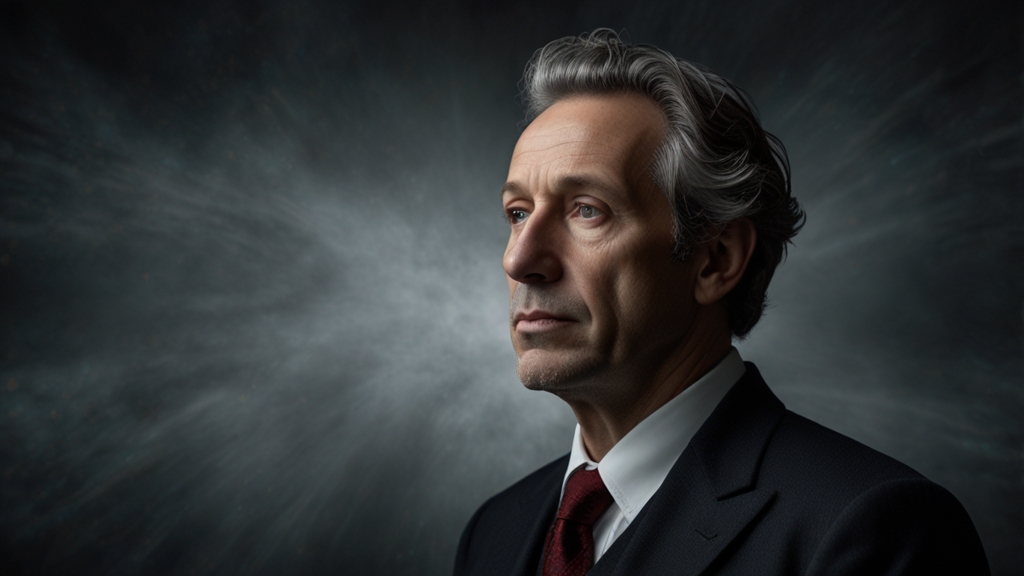Introduction
The World Wars have left indelible marks on the history of humankind. Despite the extensive documentation and analysis by historians, a shroud of conspiracy theories surrounds these global conflicts. These theories range from plausible hypotheses to the outright bizarre, indicating our collective fascination with questioning official narratives.
The Start of World War I
One of the most enduring conspiracy theories is about the assassination of Archduke Franz Ferdinand of Austria, which precipitated World War I. Some theorists suggest that the assassination was orchestrated not just by the Serbian nationalists, but involved higher-ups in European politics.
"Was the assassination of Archduke Franz Ferdinand merely the catalyst for a war that had long been planned? Some individuals claim that elite European powers plotted the conflict to reshape the political landscape of the continent."
The Lusitania and the U.S. Entry into World War I
The sinking of the RMS Lusitania by a German U-boat in 1915, which resulted in the deaths of 128 Americans, is another hotbed of conspiracy theories. Some suggest that the British government used the Lusitania, a civilian vessel, to transport war munitions, making it a legitimate target. The theory claims that the British intended to provoke the United States into joining the war.
A subset of this theory posits that Winston Churchill, then First Lord of the Admiralty, knew about the German plans to attack the Lusitania and intentionally let it happen to bring America into the war. Though heavily debated, this theory still finds its proponents among conspiracy enthusiasts.
World War II: Theories on Pearl Harbor
The surprise attack on Pearl Harbor by Japanese forces on December 7, 1941, which led to the United States' entry into World War II, is frequently cited in conspiracy theories. A popular narrative suggests that President Franklin D. Roosevelt had prior knowledge of the attack and allowed it to happen to unify public opinion in favor of joining the war.
"Did FDR know about Pearl Harbor in advance? There are compelling arguments from various historians and analysts indicating that the United States had broken Japanese codes and might have had foreknowledge of the impending attack."
The Holocaust Denial
One of the most dangerous and widely debunked conspiracy theories revolves around Holocaust denial. Some conspiracy theorists argue that the Holocaust was exaggerated or even fabricated to gain sympathy for Jewish people and to justify the creation of the state of Israel. Holocaust denial is not only historically inaccurate but also deeply offensive, rejecting the immense suffering experienced by millions during this dark chapter in history.
Operation Paperclip
Following World War II, the United States initiated Operation Paperclip, a secret program to recruit German scientists, many of whom were former Nazis. The official narrative suggests that the operation aimed to harness German technological advancements, particularly in rocket science, for American benefit during the Cold War. However, some conspiracy theorists assert that the U.S. government whitewashed the scientists' Nazi pasts and even continued unethical experimentations on human subjects.
The "New World Order" Theory
One of the most widespread post-World War II conspiracy theories is the notion of a "New World Order" (NWO). This theory posits that a clandestine elite power structure—involving world leaders, multinational corporations, and secret societies—manipulated both world wars to establish a single, global government. The theory has various iterations, each pointing to different cabals and shadow governments.
"Could the World Wars have been a means to an end? Proponents of the New World Order theory argue that the conflicts were stepping stones toward a centralized world authority, masking real intentions behind a facade of nationalistic strife."
Conclusion
While conspiracy theories about the World Wars intrigue and captivate public imagination, it is crucial to approach them with a critical mind. Many of these theories have been debunked or lack substantial evidence. However, they remind us of the complex, multifaceted nature of history and the importance of continuing to seek the truth amidst a sea of speculation.
As we continue to explore the past, the line between fact and fiction may blur at times, but diligent scholarship and a commitment to evidence-based history help us navigate these murky waters.




